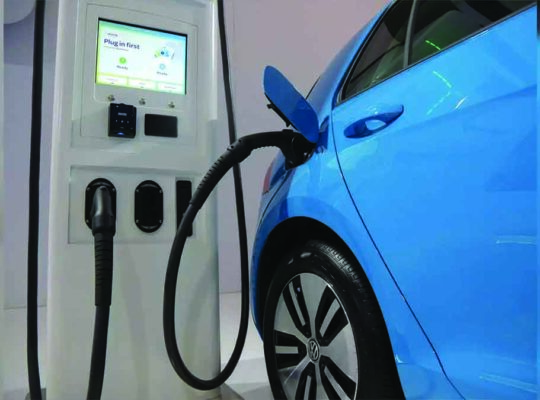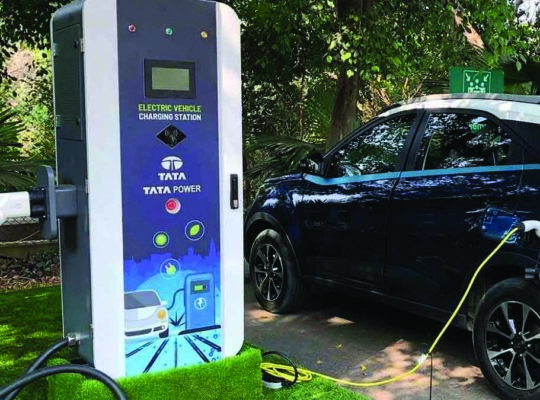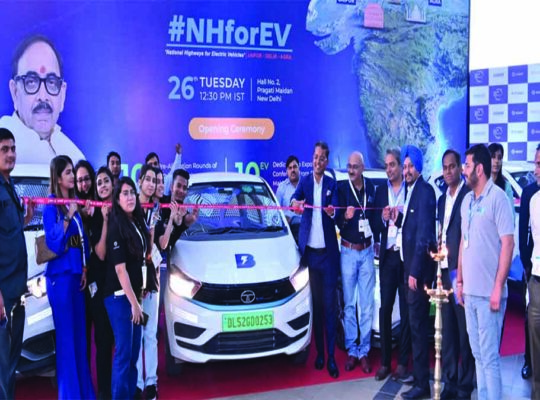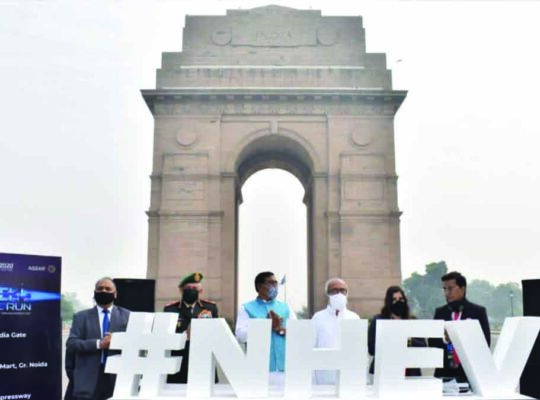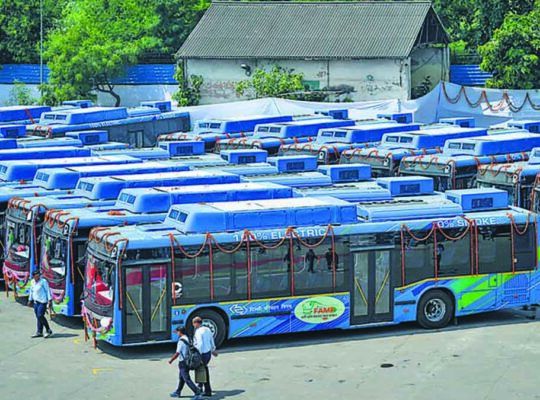The availability of EV charging stations across Indian cities is being speedily ramped up as vehicle sales rise
If you own an e-vehicle, travelling to your favourite weekend destination would already be cheaper. EVs, or electronic vehicles are set to become the future of transport, and that age has already begun. Outdated and outmoded, internal combustion engine (ICE)-based vehicles are set to become defunct soon.
Positive Charge
As opposed to e-vehicles with zero-tailpipe emissions, ICE vehicles are polluting, and their fuel costs are much higher than e-vehicles. There are other pluses to an EV; when compared to an ICE vehicle, the rate of depreciation of an e-vehicle is slower and lower, and maintenance costs are low since there are no moving parts. The registration fees and road tax are lesser. The governments are also offering policies and incentives such as the income tax benefit, provided as a deduction on the tax amount payable, and the scrapping incentives, provided upon de-registering old petrol and diesel vehicles. While it may be true that buying an EV is more expensive, in the long run, an EV will be much cheaper than the traditional version of vehicles.
Path To Power
To power through for the demand for charging stations, the country has adopted the flagship scheme FAME, or Faster Adoption and Manufacturing of (Hybrid and) Electric vehicles. It is now in its second phase of implementation. FAME-II has been implemented for three years, effective from 1st April 2019, with a budget allocation of 10,000 crores.
As far as charging the EV is concerned, you can do it at home or on the road. There is a heavy flow of finances toward ensuring that the charging of an EV is not a problem. Just look at these numbers, which the Ministry of Heavy Industries (MHI) has released. It has sanctioned 2,877 charging stations in 68 cities across 25 states/UTs under Phase II of FAME India Scheme. Also, MHI has granted permissions for 1,576 EV charging stations across 16 highways and nine expressways under this phase. So far, India has 1,640 public EV chargers, and 940 are in Mumbai, Pune, Surat, Ahmedabad, Bengaluru, Hyderabad, Chennai, Kolkata, and New Delhi. What’s more, there has been an additional installation of 678 public EV charging stations in these cities between October 2021 and January 2022. It is safe to assume that you and your EV are well looked after on the road.
Suppose you don’t spot a ‘government’ charging station. In that case, you may see one from the Bureau of Energy Efficiency (BEE), Energy Efficiency Services Limited (EESL), Power Grid Corporation of India Limited (PGCIL), and NTPC, etc., which the government has involved to support the infrastructure.
Renewed Energy
Ultimately, renewable sources of power are the way to go, as has been recently recognised in Mumbai, Maharashtra. The Minister for Environment and Tourism, Aaditya Thackeray, inaugurated the country’s first organic waste-powered EV charging station at Keshavrao Khadye road, near Haji Ali, Mumbai. The first-of-its-kind in the country, the station is a joint venture between the BMC or the Brihanmumbai Municipal Corporation and AeroCare Clean Energy. It will generate 220 units of electricity from food waste collected from hotels and offices. Along with charging electric vehicles, it will also power streetlights. The BMC plans to set up organic waste-powered EV charging stations in its 24 administrative wards. Further good news for Mumbaiites is that the municipal body also plans to have a law to make it mandatory for new buildings to have EV charging points. So, how good does that road trip sound now?












